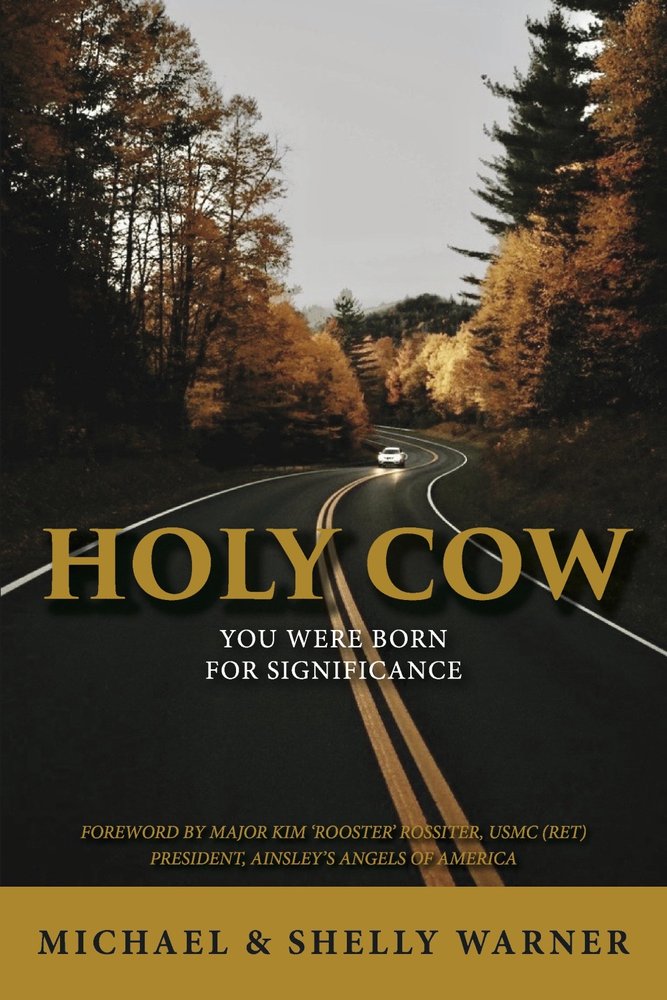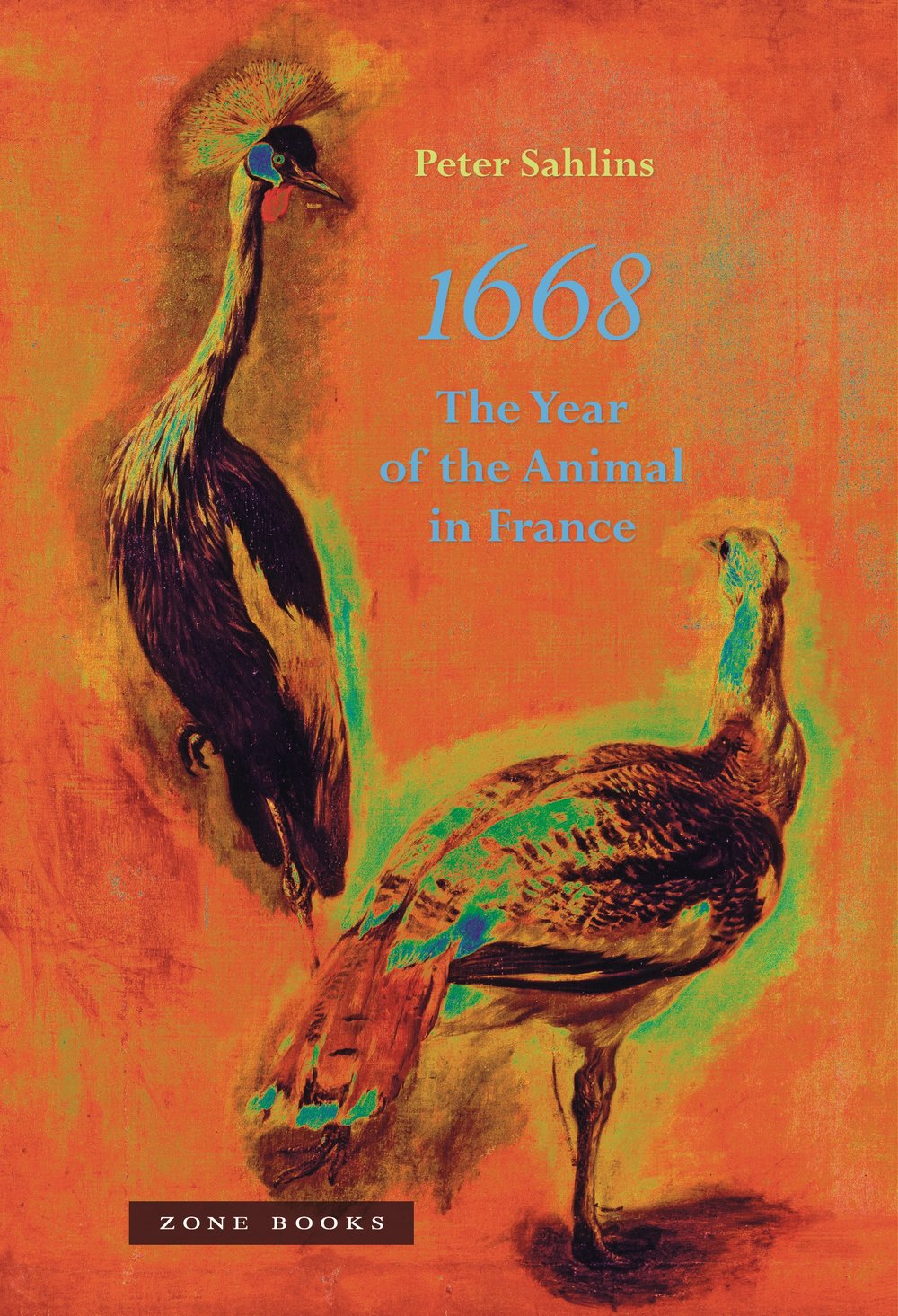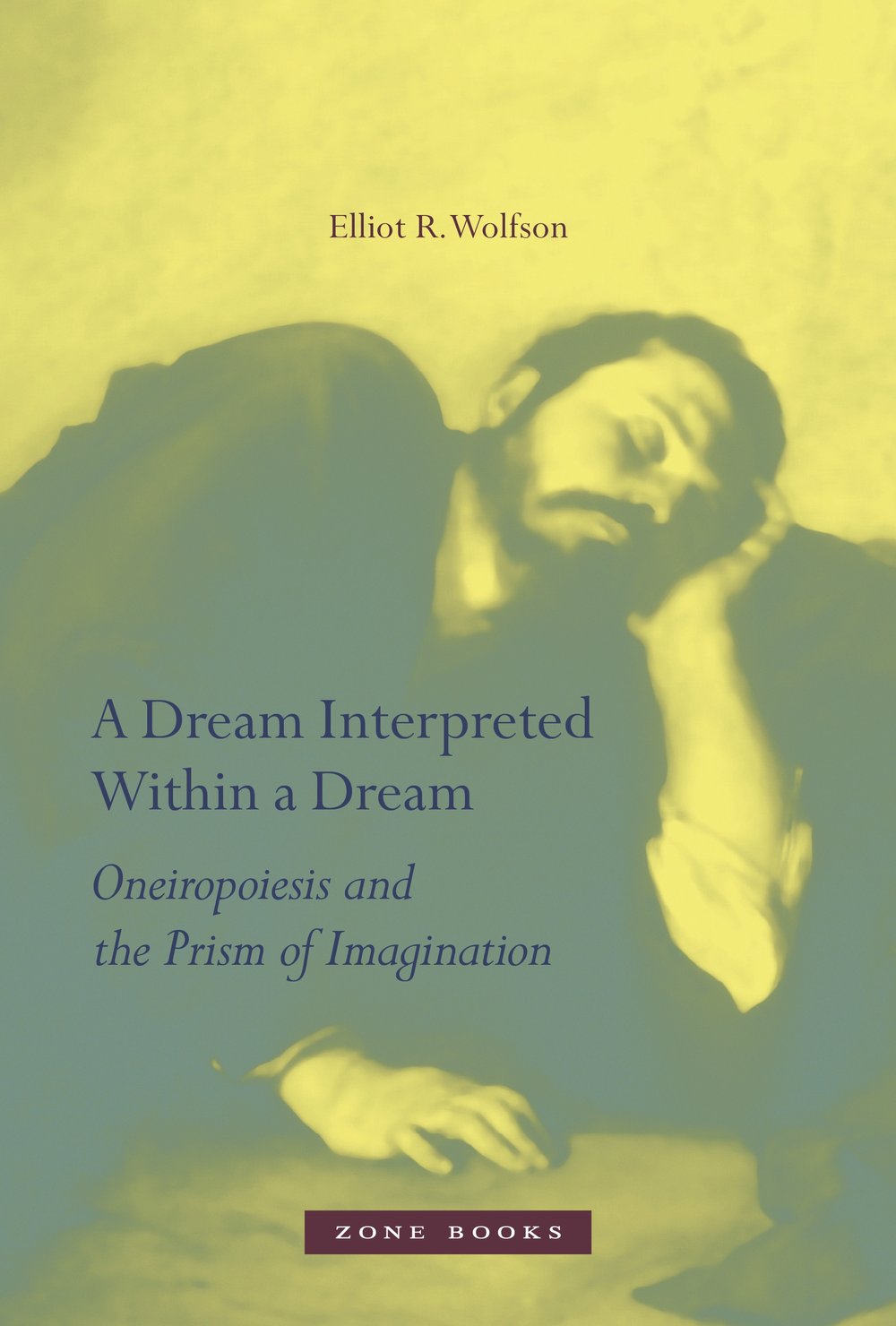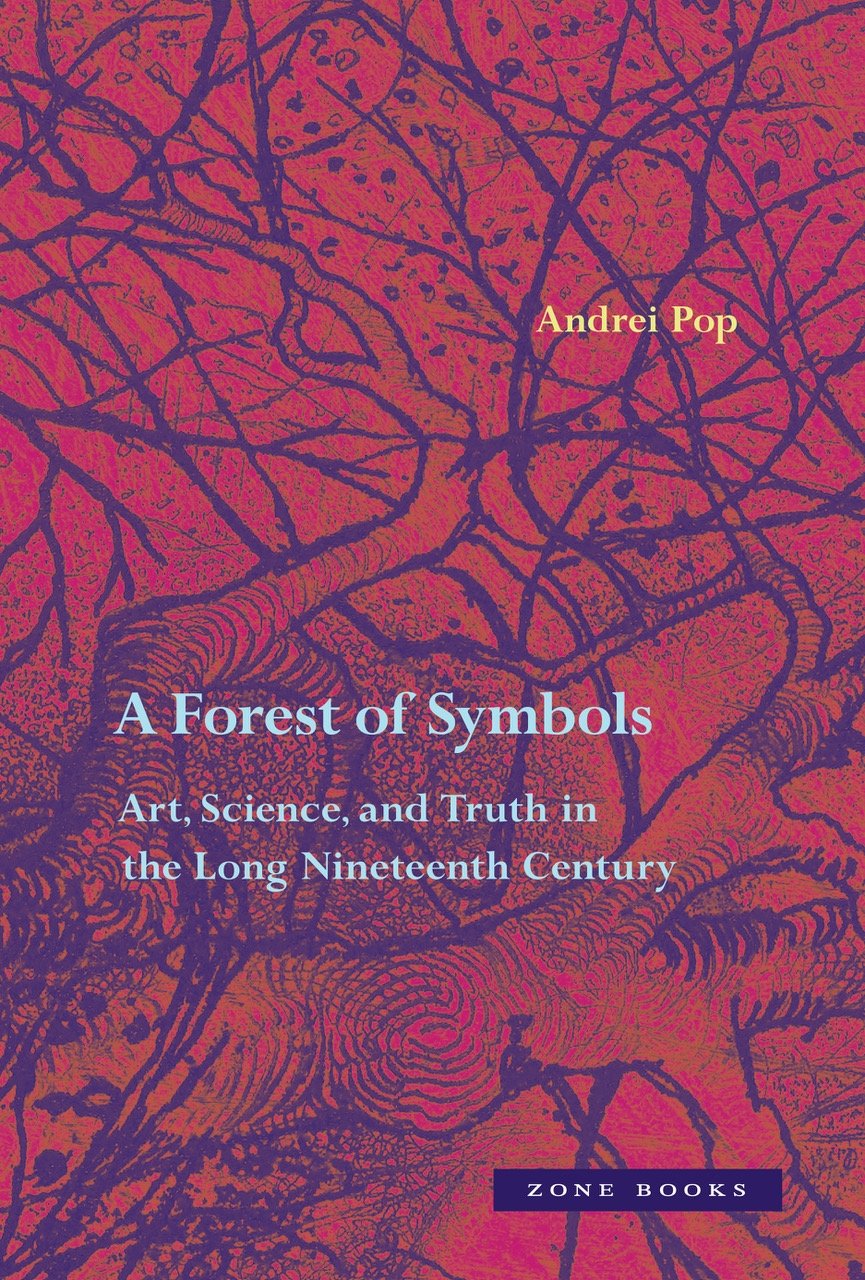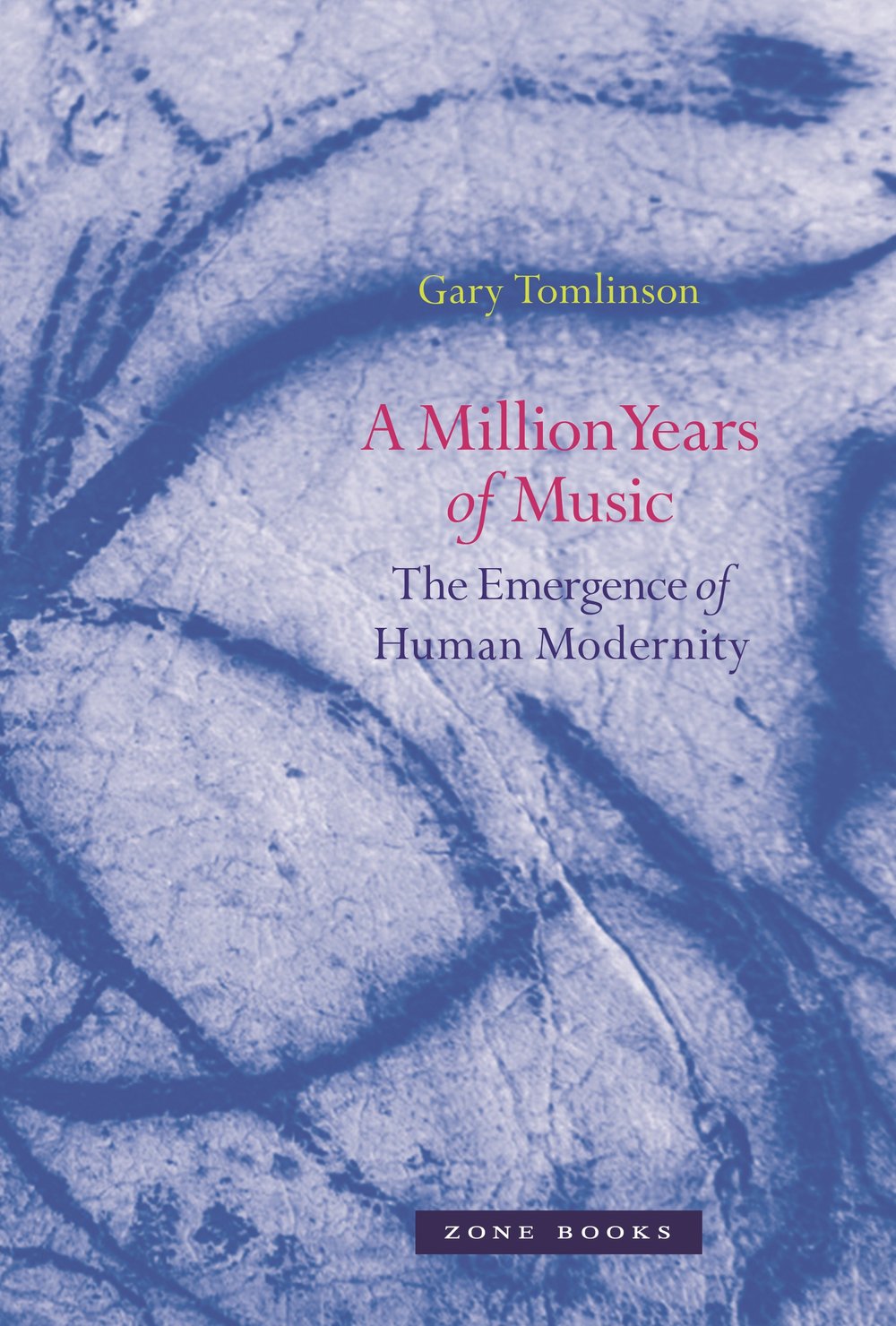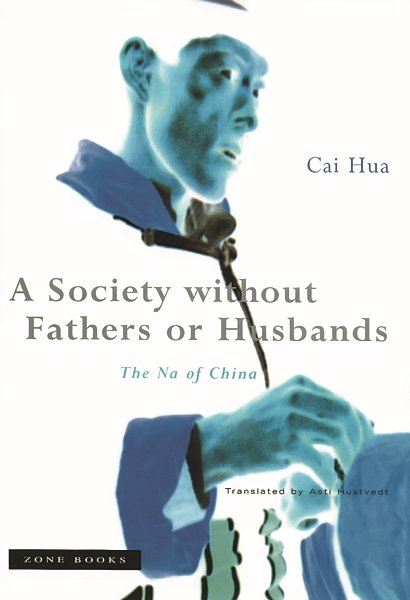Publics and Counterpublics
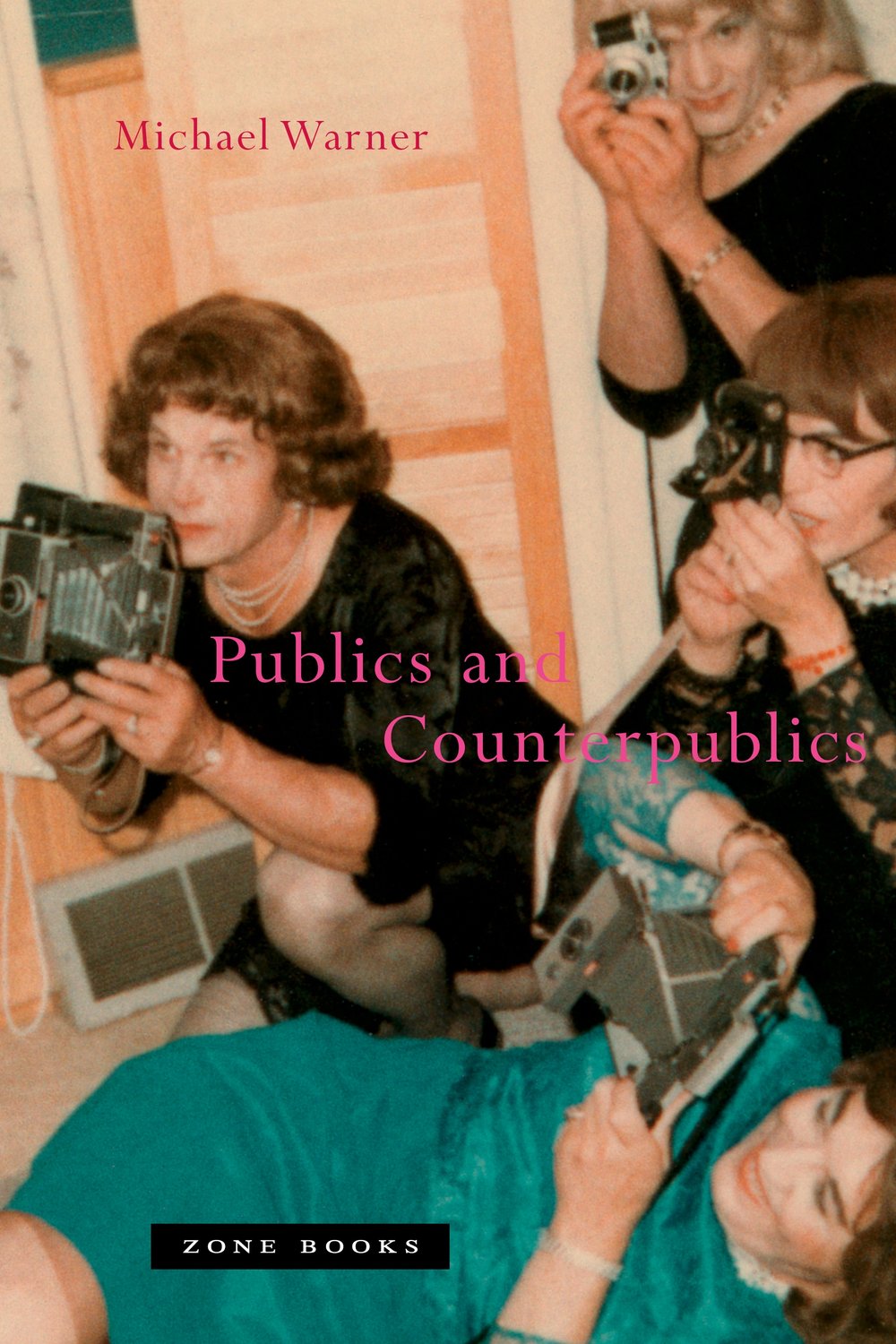
An investigation of how the idea of a public as a central fiction of modern life informs our literature, politics, and culture. Most of the people around us belong to our world not directly, as kin or comrades, but as strangers. How do we recognize them as members of our world? We are related to them as transient participants in common publics. Indeed, most of us would find it nearly impossible to imagine a social world without publics. In the eight essays in this book, Michael Warner addresses the question: What is a public? According to Warner, the idea of a public is one of the central fictions of modern life. Publics have powerful implications for how our social world takes shape, and much of modern life involves struggles over the nature of publics and their interrelations. The idea of a public contains ambiguities, even contradictions. As it is extended to new contexts, politics, and media, its meaning changes in ways that can be difficult to uncover. Combining historical analysis, theoretical reflection, and extensive case studies, Warner shows how the idea of a public can reframe our understanding of contemporary literary works and politics and of our social world in general. In particular, he applies the idea of a public to the junction of two intellectual traditions: public-sphere theory and queer theory.

